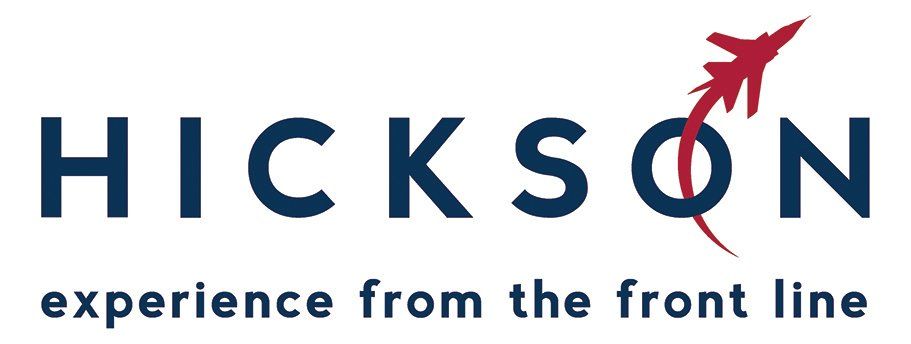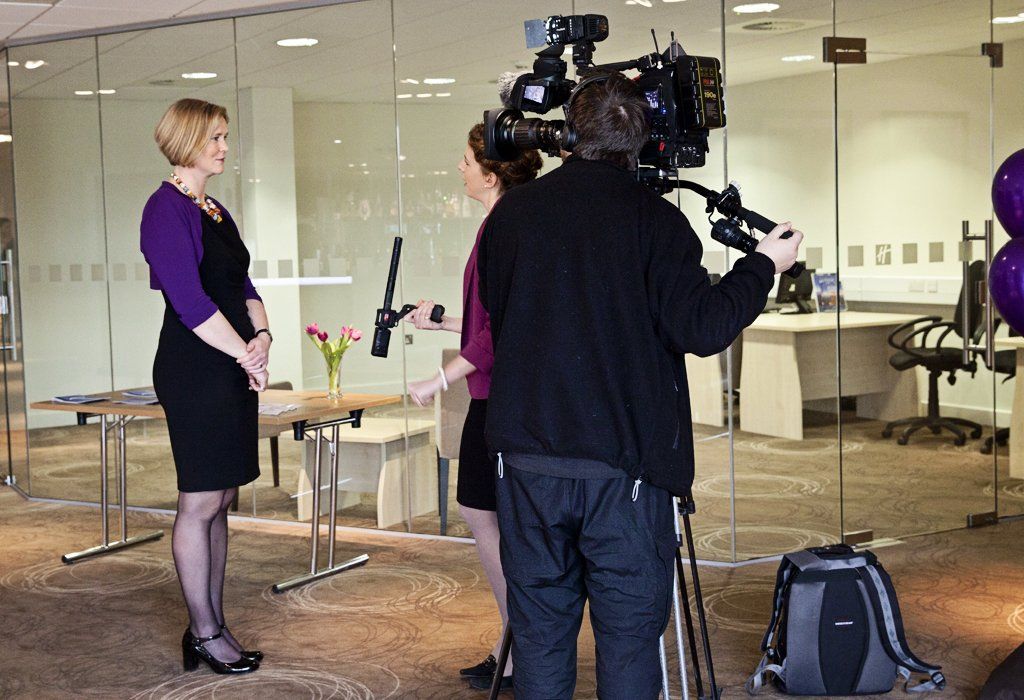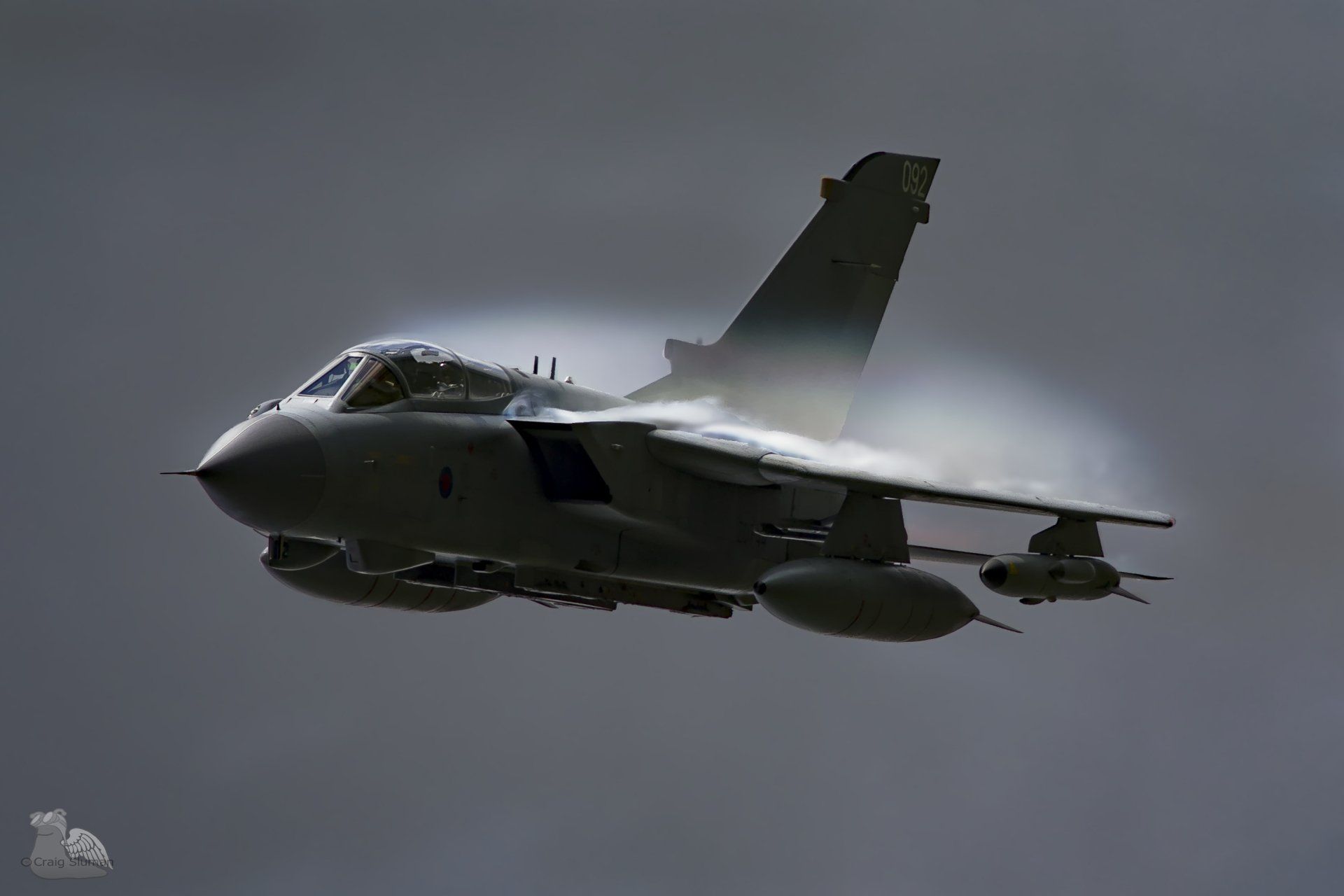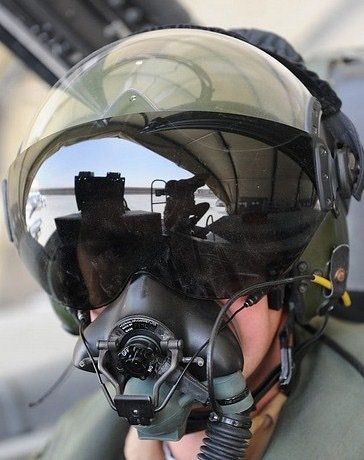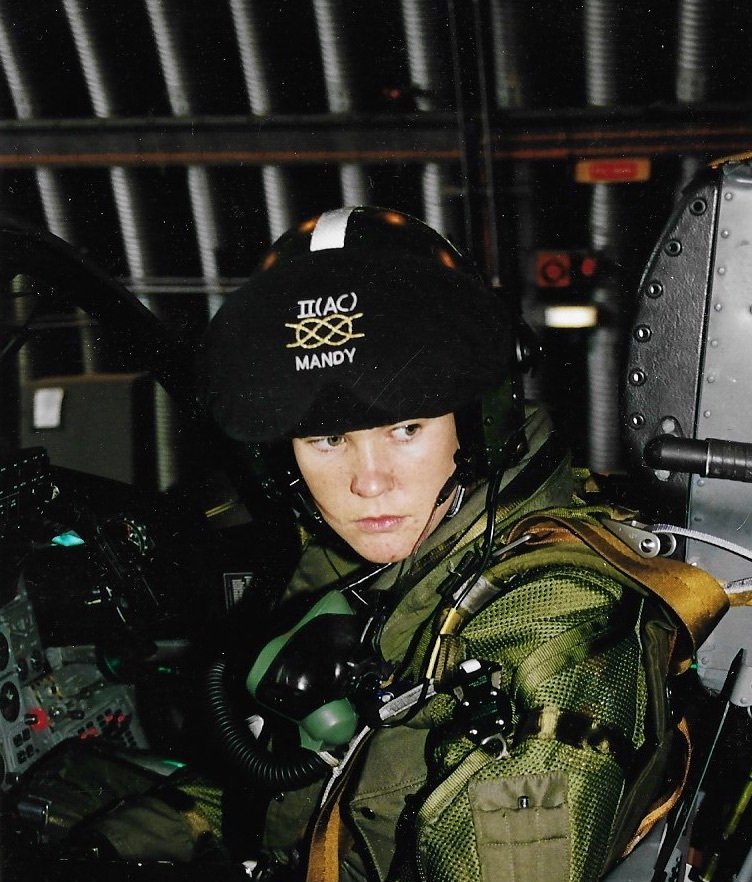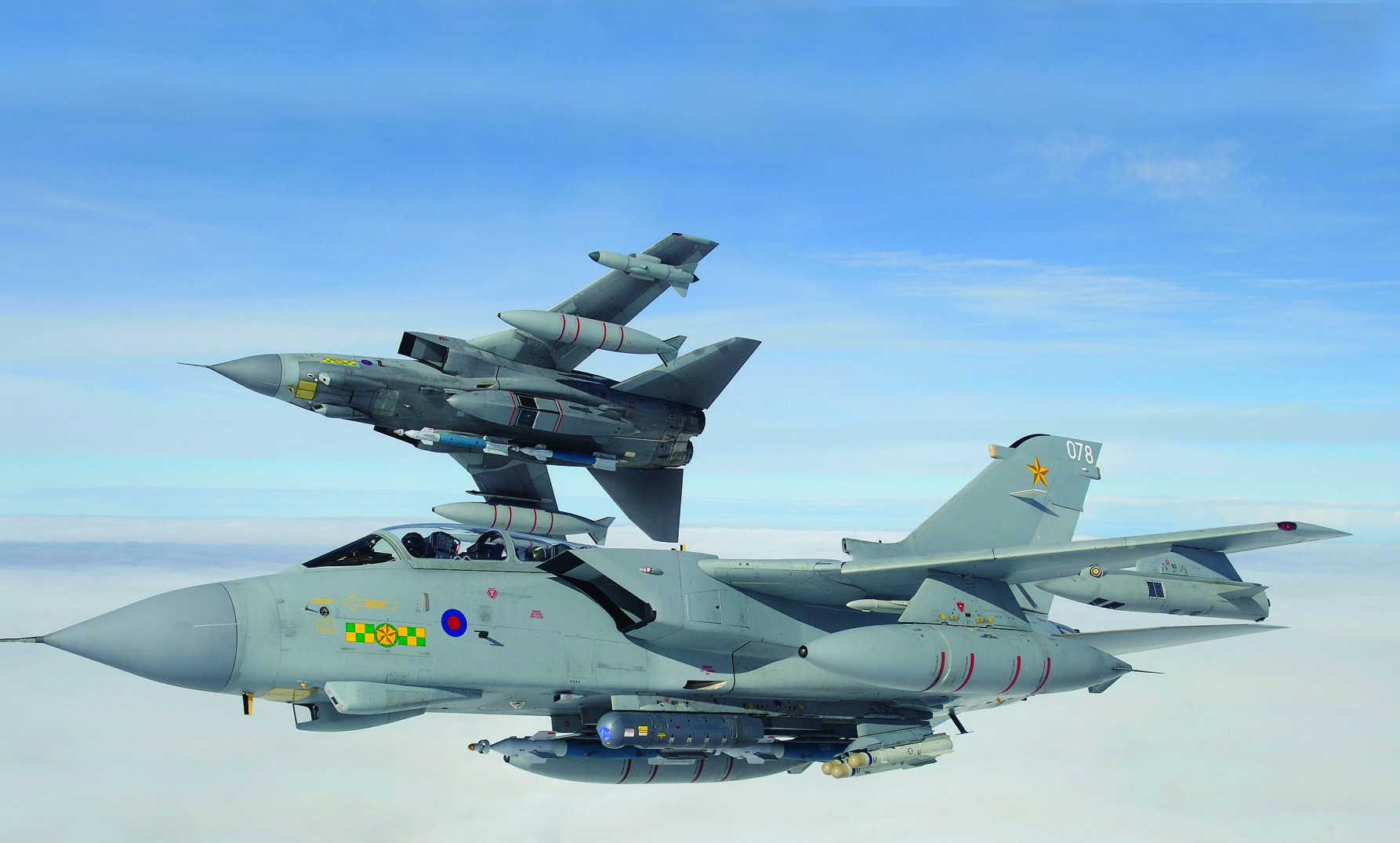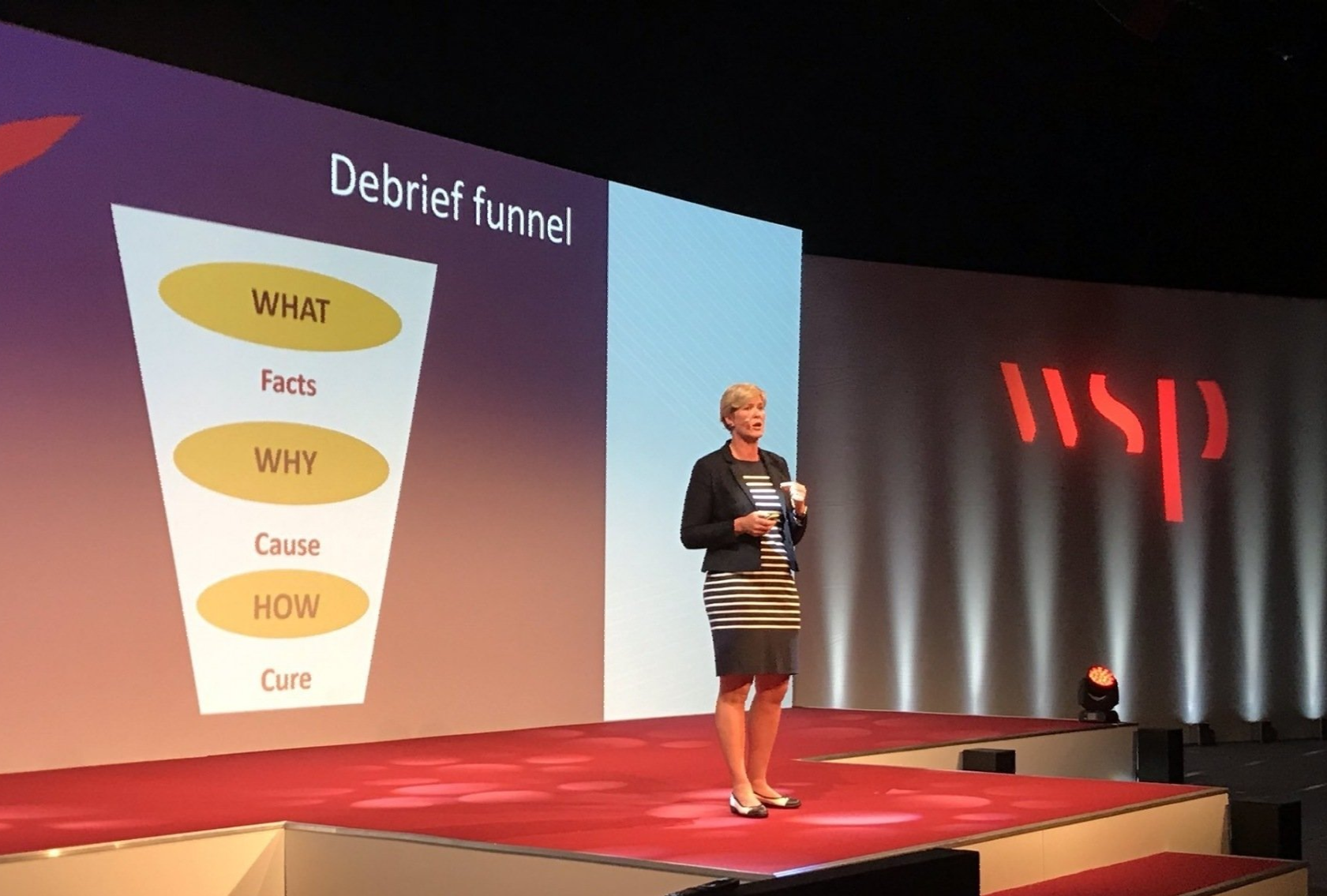Business Navigation
Is your organisation heading in the right direction?
Business Navigation
Many of you will be thinking ‘we are not in the aviation business so what does this all have to do with us?’
Well we believe that decades of lessons, learned in the high-risk aviation industry can be applied to any organisation that works for or with people.
For corporate clients, Mandy's personal experience of teamwork, leadership, crisis management and how to deal with human error translates seamlessly into the boardroom.
Mandy will build your specific objectives into an entertaining, informative and dynamic talk that will leave a lasting impression.
Teamwork & Leadership
Supportive managers are crucial and teaching managers how and when to flex their leadership styles will help them tune in better to employees’ changing needs and help employees.
Understanding employees’ own natural working styles is a very effective way of building cohesiveness and understanding within teams and can be done at no cost other than an hour or two of time. It’s the understanding of what makes the members of your team tick.
Employees feel more engaged when they understand the vision and strategy their company is following and what their role in it is. We look at the communication skill which should be as much about listening as sharing and should empower employees to talk about what concerns them.
Sharing the concerns across the company can further embed a culture of involvement. If employees feel that they have a voice and that voice is not just heard, but acted upon then the benefits can be enormous.
Risk Management
Risk can be described as a probability or threat of damage, injury, liability, loss, or any other negative occurrence that is caused by external or internal vulnerabilities, and that may be avoided through preemptive action.
Now that’s a fairly long-winded description, but we see a new era emerging calling for a different kind of thinking.
A thinking that sees people as the source of diversity, insight, creativity, and wisdom, not as sources of risk that undermine an otherwise safe system. It calls for a kind of thinking that is quicker to trust people and one that is more committed to actually preventing negative outcomes than to looking good.
We need to transition from seeing risk management as an absence of negatives to seeing it as the presence of a positive capacity to make things go right. A focus on safety and risk should become a focus on resilience.
Threat & Error Management
We have worked at changing our organisational culture to become one that recognises that competent professionals make mistakes and acknowledges that even competent professionals will develop unhealthy norms (shortcuts, routine rule violations), but one that also has zero tolerance for reckless behaviour.
Consequently, when a mistake occurs, people talk about it openly and report it, so the business can build up a picture of where the biggest threats lie and make risk based decisions.
If the open and just culture does not exist, you are effectively flying blind.
Human Factors
Analysis from many sectors have indicated that up to 80% of accident causes can be attributed to human factors (Helmreich, 2000).
This means that leaders need to understand the human dimension to their business – what factors enhance performance. They are not new or mysterious skills but are essentially what the most successful team members do, to achieve consistently high performance, and what everyone else does on a good day.
This is where we can help. We use proven techniques to help to protect your business and reputation. Using facilitated training sessions that are designed to be fun but with a serious ‘take away’ message. Our aim is to provide our clients with practical tools they can use effectively and daily.
Crisis Management
A crisis has three elements: A threat, an element of surprise and a short decision time.
We introduce you to different models which shifts the thinking to the left. It changes the attitude to a crisis. Crisis Management planning should be just as high a priority as any other business planning. We practice different scenarios to ensure that in the event of a crisis the team are simply running through a programmed reaction.
Facilitated Debriefing
Every single time we fly we make the time afterwards to debrief the mission.
The hierarchical structure is left outside the room as the important aspect is that everyone has a voice, the ability to speak up. We run through a set process, looking at What happened (the facts), Why it happened (the cause), because we are trying to get to How (the cure). How we can improve our performance the next time.
We share the tools that you can use practically to improve team performance on a daily basis.

